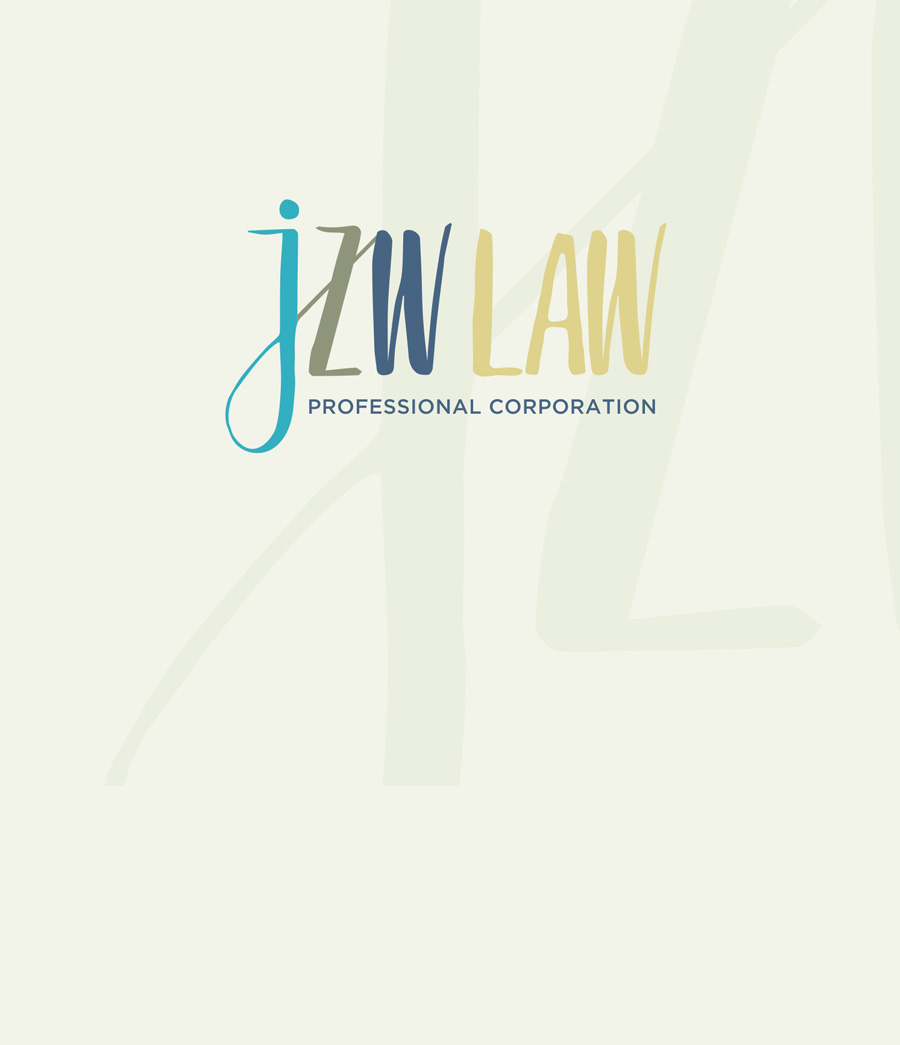
When making a will in Canada, these 4 common mistakes may render the will invalid!
In Ontario, Canada, a valid will must strictly comply with the Succession Law Reform Act and common law principles. Any formal defects or lack of legal requirements may render the will invalid, thereby triggering inheritance disputes. This article combines Ontario’s judicial practice to analyze four types of high-frequency errors and their legal consequences, providing professional guidance for testators.
I. Will is invalid due to non-compliance with formal requirements
Canadian law has clear requirements on the form of a will. The following circumstances may directly lead to the invalidity of a will:
- Not in written form: Oral wills (except in special circumstances before death) and audio and video wills are not recognized. All wills must be presented in paper or electronic documents (Ontario allows electronic wills, but they must meet the strict technical requirements of the new regulations in 2022)
- The witness does not meet the statutory requirements:
– The witness must be over 18 years old and not the beneficiary of the will or the spouse of the beneficiary (otherwise the relevant benefit clause is invalid)
– When the will is signed, the witness must be present to witness the signature of the testator, and the witness must sign his or her full name and date on the will
▶ Typical case: A will was signed by only one witness, and the witness was the cousin of the beneficiary. The court determined that the will was illegal in form and was handled as an intestate succession - Defects in the testator’s signature: The testator must sign the will in person at the end of the will. If someone else signs on his behalf due to health reasons, the proof requirement of “the testator supervised the whole process and clearly authorized” must be met.
II. Lack of testamentary capacity leads to validity disputes
The testator must have testamentary capacity, which means that when signing a will:
- Understand the nature of a will and its legal consequences
- Know the scope and value of your own property
- Identify close relatives and reasonable inheritance expectations
- Not mentally ill or under undue influence
Risk scenarios:
- Diagnosed with early-stage Alzheimer’s disease before making a will and no medical evaluation report was kept
- The will is made under the coercion or excessive persuasion of the children, lacking independent expression of intention
▶ Judicial rules: The Ontario court emphasized in the Re Morgan case that if the testator has cognitive impairment when signing the will (such as being unable to identify major assets), the will may still be deemed invalid even if the form is legal. It is recommended that elderly or sick testators simultaneously undergo a “will capacity assessment” and retain medical evidence.
III. The beneficiary designation is unclear or violates the forced inheritance rules
The following beneficiary designation issues are likely to cause validity disputes:
- Vague identity description:
Using only illegal names such as “my eldest son” or “friend Li” to refer to the beneficiary may result in uncertainty about the inheritance if there are disputes over people with the same name or kinship
▶ Correct approach: Indicate the beneficiary’s full name, date of birth, and relationship with the testator (e.g. “eldest son Zhang Jianguo, born on March 12, 1985”) - The ex-spouse’s inheritance rights are not excluded: If the will is not updated after divorce or separation, the ex-spouse may still obtain the inheritance according to the will (unless the will explicitly revokes the designation of the ex-spouse) ▶ Legal exceptions: Ontario law stipulates that the terms of the will for the ex-spouse will automatically become invalid after the divorce takes effect, but it should be noted that this rule does not apply when the separation is not divorced.
- Depriving minor children of necessary inheritance rights: Even if a will explicitly excludes a child from inheritance, if the child is a minor or lacks the ability to work, the court may rule to give the child a reasonable share based on “family support obligations”.
IV. Ignoring tax planning and special asset disposal
The validity of a will involves not only legal form, but also tax compliance and asset characteristics. The following mistakes may result in the shrinkage of the estate or obstruction of disposal:
- Failure to designate a beneficiary for a retirement account (RRSP/RRIF): If such assets are not individually designated as beneficiaries, they will be included in the estate and subject to high terminal taxes (marginal tax rates can reach 50%), rather than being directly inherited tax-free by the heirs.
- Cross-border asset disposal conflicts: For overseas assets such as Chinese real estate and US stocks, the applicable laws and certification procedures are not clear (for example, China requires wills to be notarized and certified by the embassy), which may lead to difficulties in overseas execution.
- Unauthorized disposal of common property: Unauthorized disposal of common property under the name of one spouse (such as real estate registered only under the name of one spouse) will be invalid due to lack of authority.
V. Effective avoidance strategies in practical operations
1. Follow the legal form checklist
- Use a standardized will template drafted by a lawyer, or check the formalities on the Ontario Court of Justice website
- Choose 2 disinterested witnesses (such as neighbors, colleagues) and record their contact information for future reference
2. Update your will regularly
- Review your will every 5 years or after a major family change (such as marriage, divorce, birth of a child)
- Correct the details through a codicil and avoid the cumbersome process of re-signing the entire will
3. Special description of special assets
- For complex assets such as corporate equity and trust shares, indicate the disposal method (such as designating specific heirs or trust continuation clauses)
- Overseas assets must clarify the “applicable laws of the country where the assets are located” and the “certification document processing procedures”
concluding remarks
A valid will is a legal guarantee for wealth inheritance and family relationships, and avoiding errors in form and substance is the core premise. It is recommended that the testator complete the drafting of the will with the assistance of a lawyer, and pass a professional legal review to ensure that: ① the form complies with the statutory requirements of Ontario; ② there is no dispute over the capacity of the will; ③ the beneficiary designation is clear and does not violate mandatory rules; ④ tax and cross-border asset planning are thorough. Canadian courts are increasingly strict in reviewing the effectiveness of wills. Ex ante compliance design is far better than ex post dispute resolution. Professional legal advice is the key line of defense to avoid the risk of invalid wills.
(Legal basis for this article: Sections 13-19 of the Ontario Inheritance Law Reform Act; Rules 5-8 of the Probate Rules; and relevant cases of the Ontario Court of Appeal)
JZW Law has an experienced team of probate lawyers. They are fluent in both Chinese and English and provide professional legal services. We specialize in handling complex property division, corporate equity, trusts, overseas assets and other related issues. We provide initial consultation services, please contact us for more information or to schedule a consultation.
最新文章
标签





